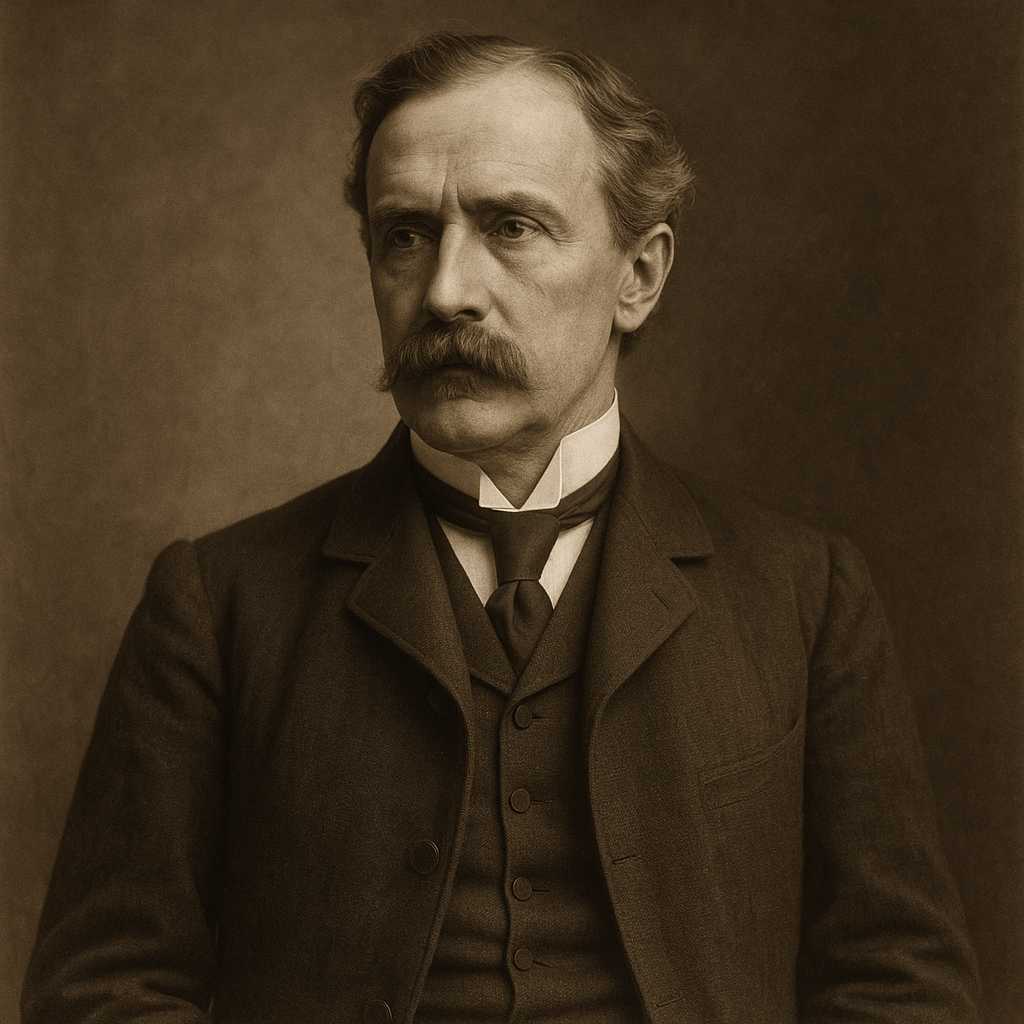The Joys Of The Road
Bliss Carman
1861 to 1929

Track 1
Reconstruct the poem by dragging each line into its correct position. You can also use the up (↑) and down (↓) arrows to move a line one place at a time, or the top (⇑) and bottom (⇓) arrows to move a line directly to the top or bottom. Your goal is to reassemble the original poem as accurately as possible. As you move the lines, you'll see whether your arrangement is correct, helping you explore the poem's flow and meaning. You can also print out the jumbled poem to cut up and reassemble in the classroom. Either way, take your time, enjoy the process, and discover how the poet's words come together to create something truly beautiful.
Easy Mode - Auto check enabled
The outward eye, the quiet will,
The cobweb bloom on the yellow quince;
But follows and follows the journeying sun,
A vagrant's morning wide and blue,
A will-o'-the-wind, a light-o'-dream,
By marsh and tide, by meadow and stream,
A shadowy highway cool and brown,
A crimson touch on the hard-wood trees;
The broad gold wake of the afternoon;
When the stealthy sad-heart leaves go home;
For him who travels without a load.
The tempter apple over the fence;
These are the joys of the open road—
And gave it the weight of his will for law.
The palish asters along the wood,—
A lyric touch of solitude;
Alluring up and enticing down
In early fall, when the wind walks too;
From purple glory to scarlet pomp;
With only another league to wend;
And the striding heart from hill to hill;
Now the joys of the road are chiefly these:
From stormy tumult to starry peace;
To wake me up at the voice of a bird;
Another to sleep with, and a third
A scrap of gossip at the ferry;
Who never defers and never demands,
And a hope to make the day go through,—
The sound of the hollow sea's release
But, smiling, takes the world in his hands,—
Seeing it good as when God first saw
A comrade neither glum nor merry,
And two brown arms at the journey's end!
The silent fleck of the cold new moon;
An open hand, an easy shoe,
From rippled water to dappled swamp,
The racy smell of the forest loam,
And oh, the joy that is never won,


